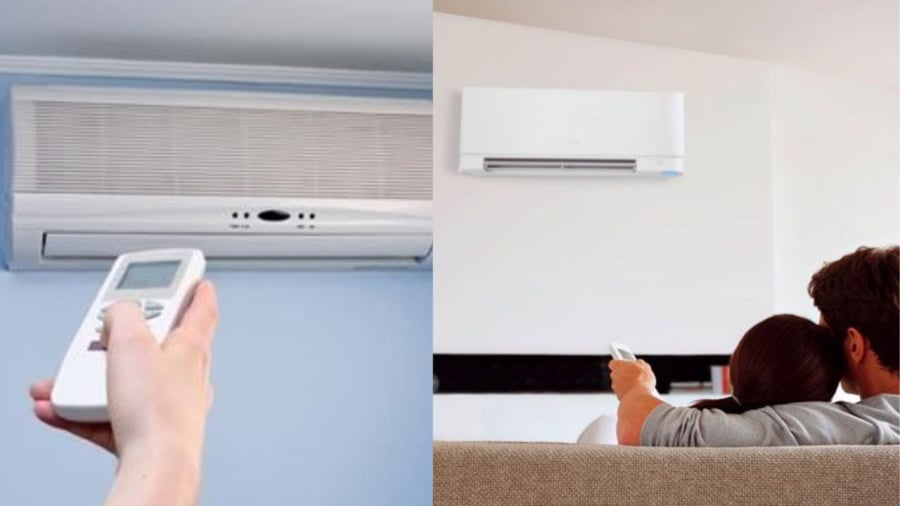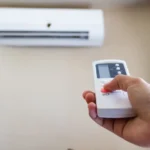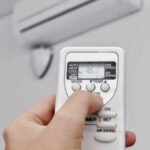A recent case at the Pediatric Department of Phu Ninh District Medical Center in Phu Tho Province shed light on the dangers of improper air conditioner use during summer. The patient, a 10-year-old boy named N.H.P. from Phu Ninh District, was admitted to the hospital with continuous vomiting, cold sweats, fatigue, and exhaustion.
Cause: Sudden Temperature Change
According to his family, the boy had been playing outdoors on a hot day. He then ran inside and turned on the air conditioner to cool down. Soon after, he started exhibiting abnormal behaviors and was rushed to the hospital.
The medical team promptly initiated emergency measures. Within 30 minutes, the child regained consciousness, his vomiting subsided, and his body temperature stabilized. After three days of intensive treatment, he made a full recovery.

Heat Stroke from Misusing Air Conditioners
Experts clarify that air conditioners are not the direct cause of illness, but rather, it is the sudden temperature change that triggers heat stroke.
When the body abruptly transitions from a hot outdoor environment to a cold indoor one, it can disrupt the body’s temperature regulation, leading to dizziness and nausea, and even life-threatening situations. Children and the elderly are at higher risk due to their weaker temperature regulation abilities compared to adults.
Additionally, significant temperature differences can result in the following issues:
- Vasoconstriction, increasing the risk of stroke and heart attack.
- Dry skin and mucous membranes in the eyes and nose, lowering resistance.
- Higher susceptibility to upper respiratory tract infections such as rhinitis, colds, etc.
Guidelines for Safe Air Conditioner Use in Summer
- Avoid entering an air-conditioned room immediately after being outdoors in the heat. Gradually acclimatize your body by resting in a cooler intermediate area first.
- Maintain a temperature difference of no more than 7 degrees Celsius between the indoor and outdoor environments. Rapid cooling may hinder the body’s ability to adjust.
- Prevent direct cold air draft onto your body, especially the head, neck, and chest, as these areas are sensitive to temperature changes.
- Limit prolonged stays in air-conditioned rooms. Turn off the air conditioner and ventilate the room after 2-3 hours of usage.
- Before leaving the room, turn off the air conditioner 20-30 minutes earlier to allow your body to gradually adjust to the outside temperature.
Furthermore, during scorching days, children and outdoor workers should stay hydrated and replenish electrolytes to compensate for fluid loss through sweating, thereby reducing the risk of heat stroke.






































